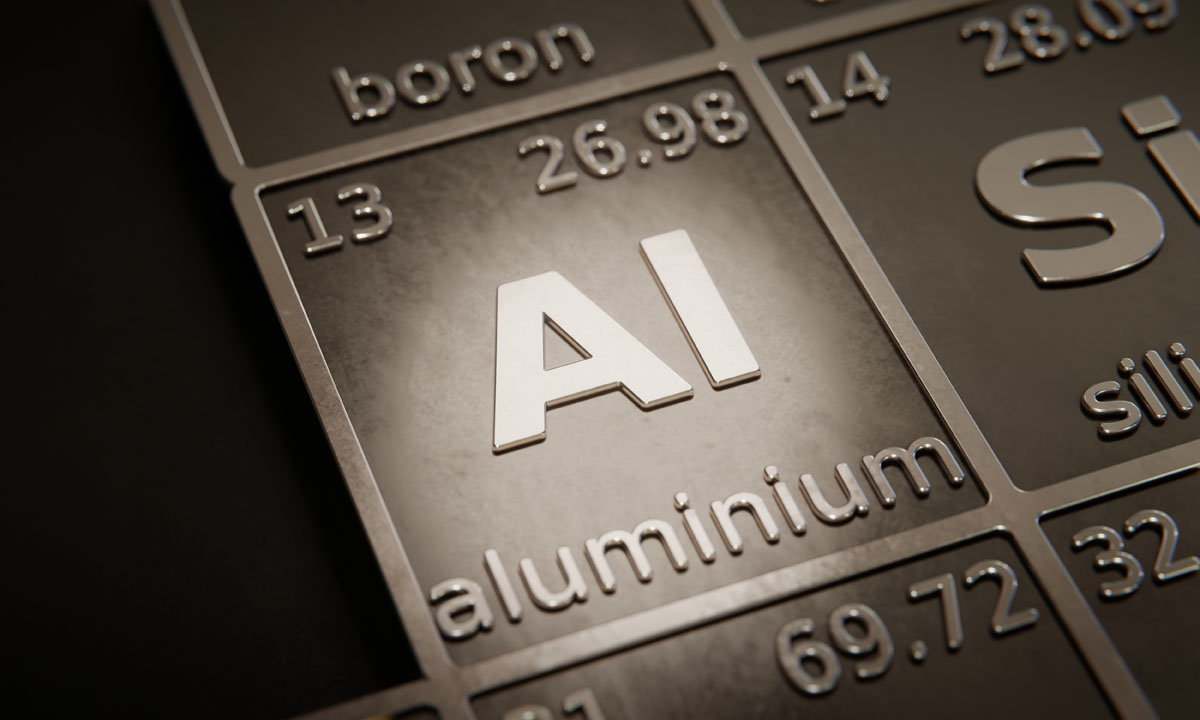Aluminium Casting
At Dean Group International, we can provide any casting you wish from aluminium alloys using aluminium casting with our Asia-based partners.
Aluminium casting is an automated and high-volume process, so it yields a more competitive price when manufacturing high-volume castings compared to the investment casting process but with increased set-up costs.
When choosing between these two processes, we recommend that you get in touch with Dean Group International. We can offer expert advice on which process is best for your requirements.

| Investment casting (premium grade) | Investment casting (commercial grade) | Die casting | Metal injection moulding (MIM) | Forging | Technical Specifications | |
| Stainless steel & heat resistant alloys | ✓ | ✓ | ✓ | ✓ | Download | |
| Carbon steel | ✓ | ✓ | ✓ | ✓ | Download | |
| Nickel & cobalt alloys | ✓ | Download | ||||
| Aluminium alloys | ✓ | ✓ | ✓ | Download | ||
| Copper based alloys | ✓ | ✓ | Download | |||
| Titanium | ✓ | Download |
We are continuously adding new materials to our offering, for the latest information or if you have a special request, please contact us.
Aluminium and its alloys
Aluminium is the most abundant metal on Earth, making up 8% of the Earth’s crust. Its non-magnetic and ductile properties make it suitable for a wide range of applications.
Being the lightest metal, with a specific mass of 2700 kg/m3, approximately a third of the density of steel, copper and brass, aluminium is ideal for applications where weight is a crucial consideration – and where reducing product weight helps towards energy efficiency and a smaller carbon footprint.
The properties of aluminium can be modified when it is used within alloys. These alloys have many beneficial properties, including:
There are several classifications of aluminium alloys, categorised based on the elements or compounds they are alloyed with and the constituent ratios of the materials.
Common elements alloyed with aluminium include:
Aluminium alloys are used in many different industries, sectors and products, such as aerospace, automotive, military, transportation, packaging, food preparation and electrical components. Internationally recognised alloys for aluminium pressure die casting are ADC alloys. The alloys in the ADC range, such as ADC12 and ADC10, have varying properties, making their cast parts suitable for a wide range of industries, depending on the demands under which the parts will be placed. At Dean Group International, our main material offering for the aluminium pressure die-casting process is the ADC range, mainly ADC12. However, we can offer different low melting point alloys on special requests for high-volume parts. For full details on our aluminium alloy specifications, please view this information sheet. We recommend that you call us on 0161 775 1633 to discuss which aluminium alloy or die casting process is best for your application and production needs.
Contact Dean Group International for Aluminium Casting Services
For low-cost, high-volume aluminium components, please don’t hesitate to get in touch with Dean Group International for aluminium pressure die-casting services. You can also visit our pressure die casting page to learn more about the process with our Asia-based partners.
If you require good mechanical strength parts with high integrity and a gas-tight structure, we can offer our UK-based ELITE process at our manufacturing foundry in Manchester. This would be a more appropriate process for those looking for lower-volume, more intricate components.
For help and advice please don’t hesitate to get in touch.
Contact Dean Group International for Your Investment Casting Quote
Registered in England VAT No: 146307478 Company Registration No: 1062820




